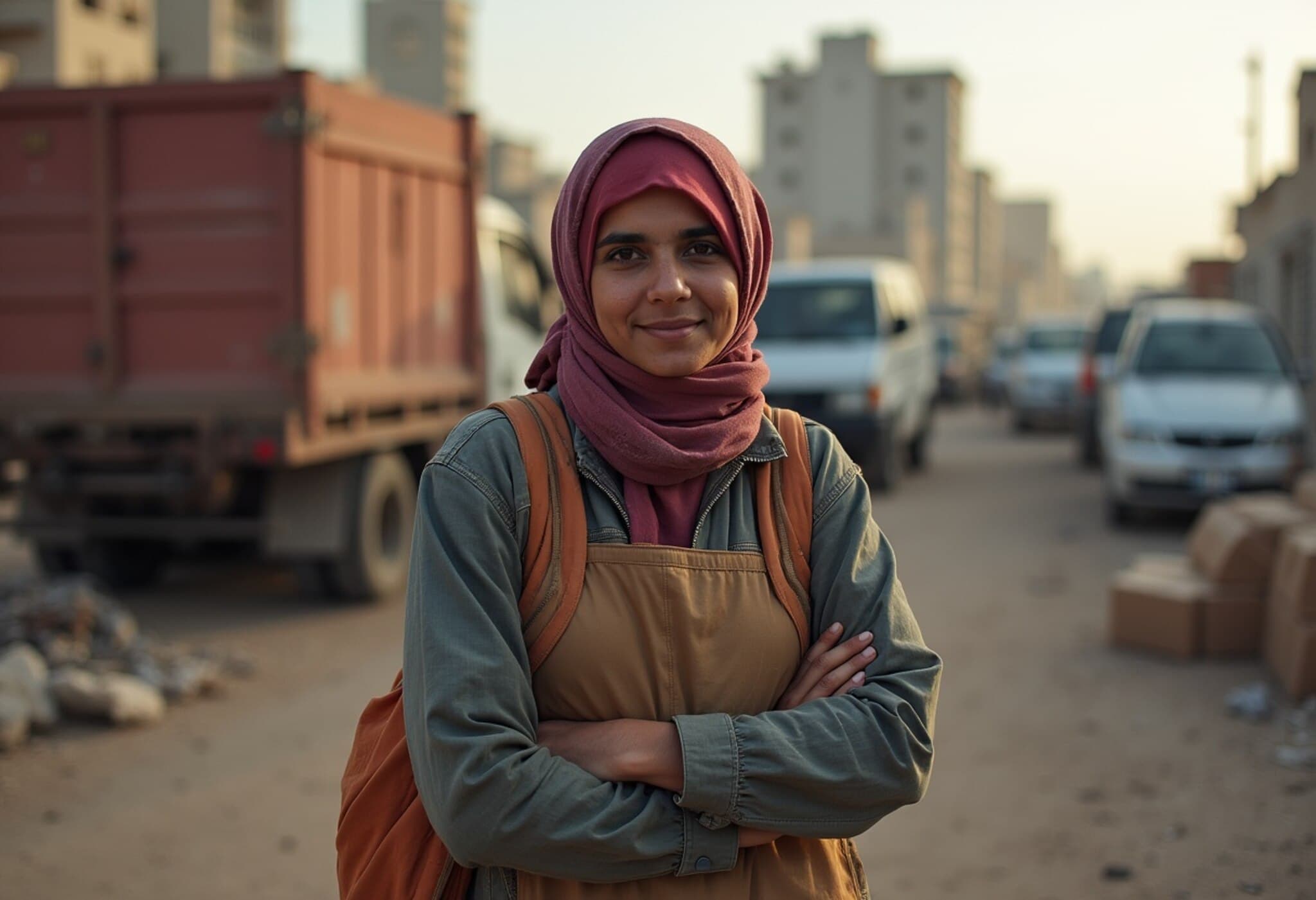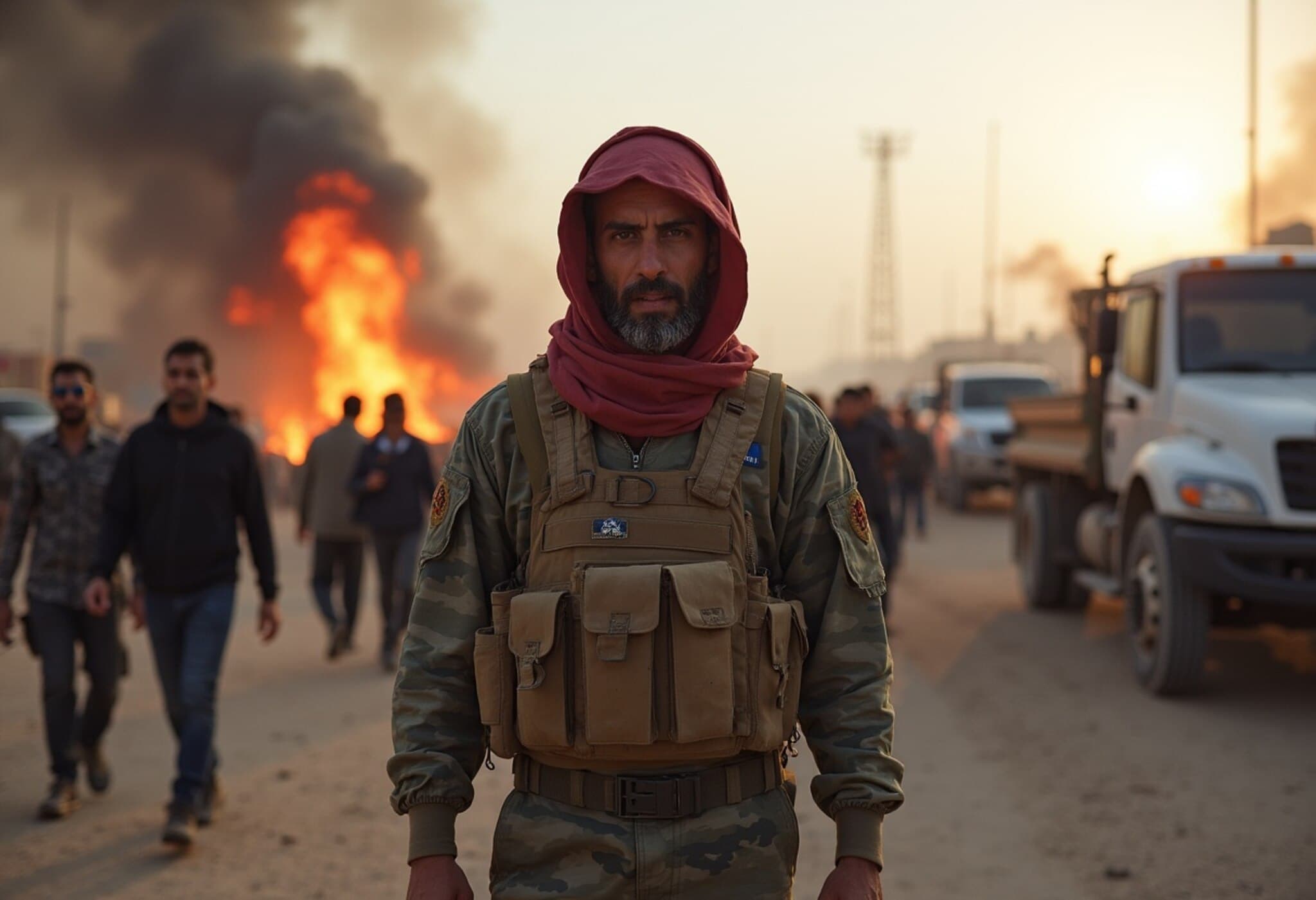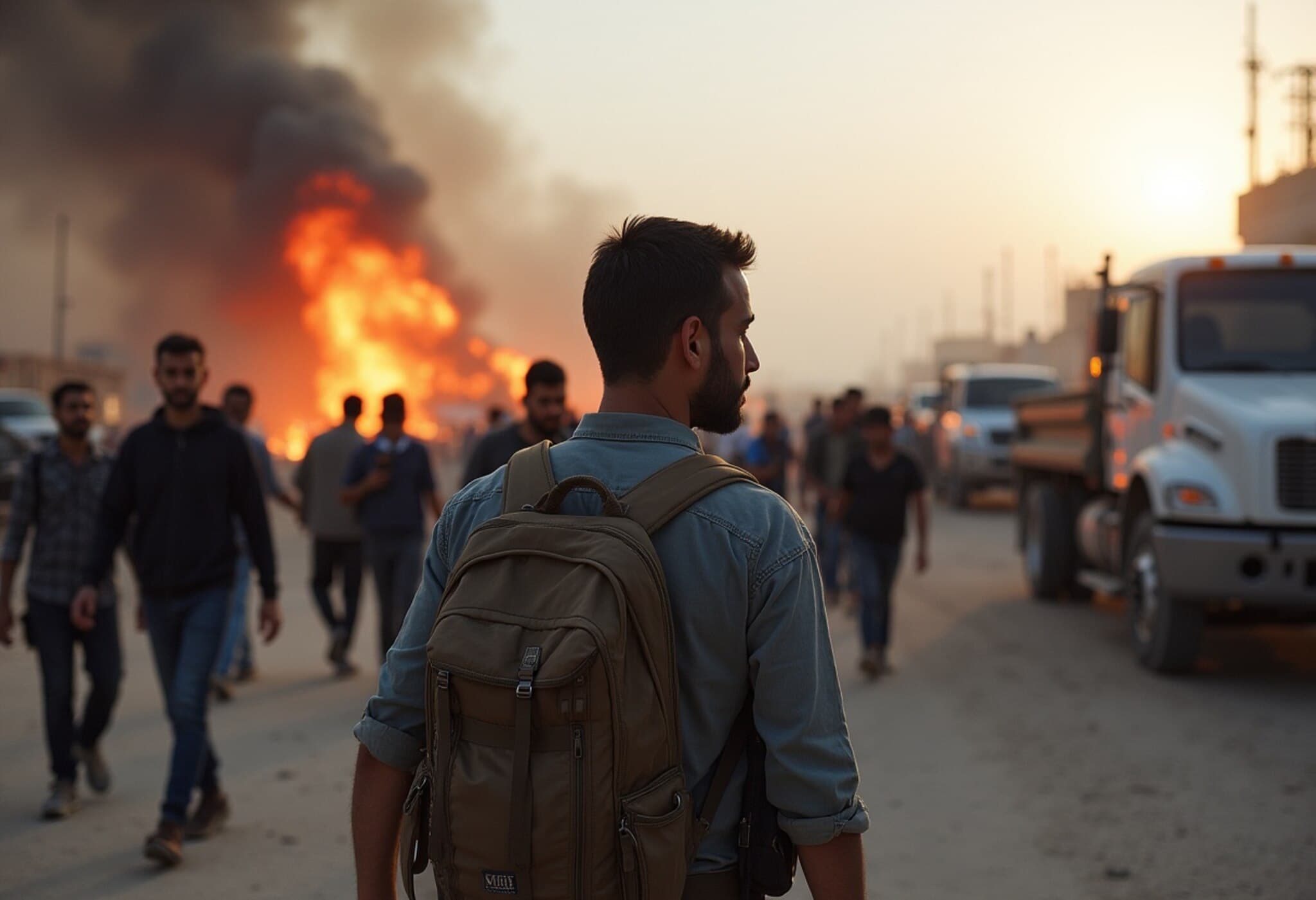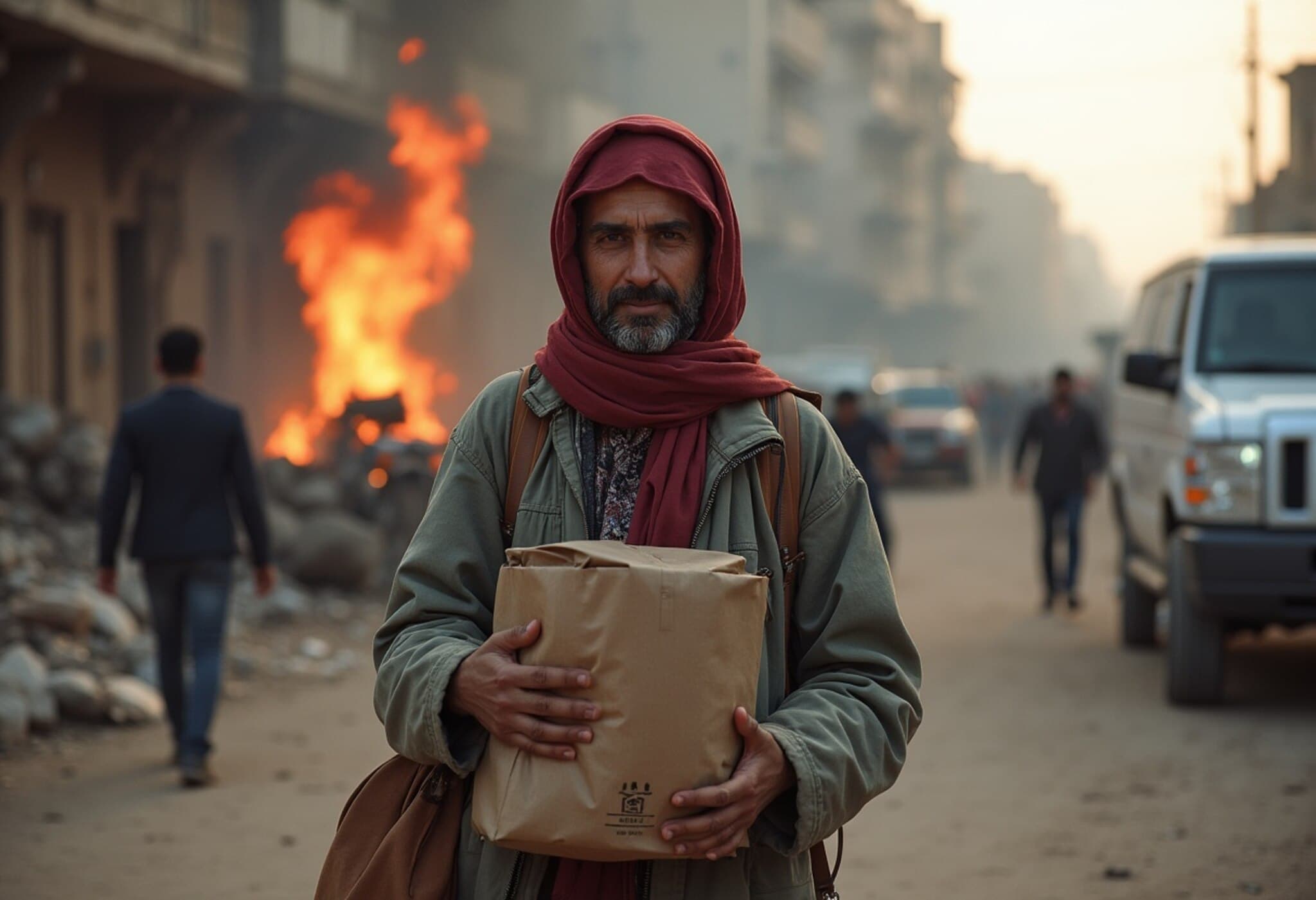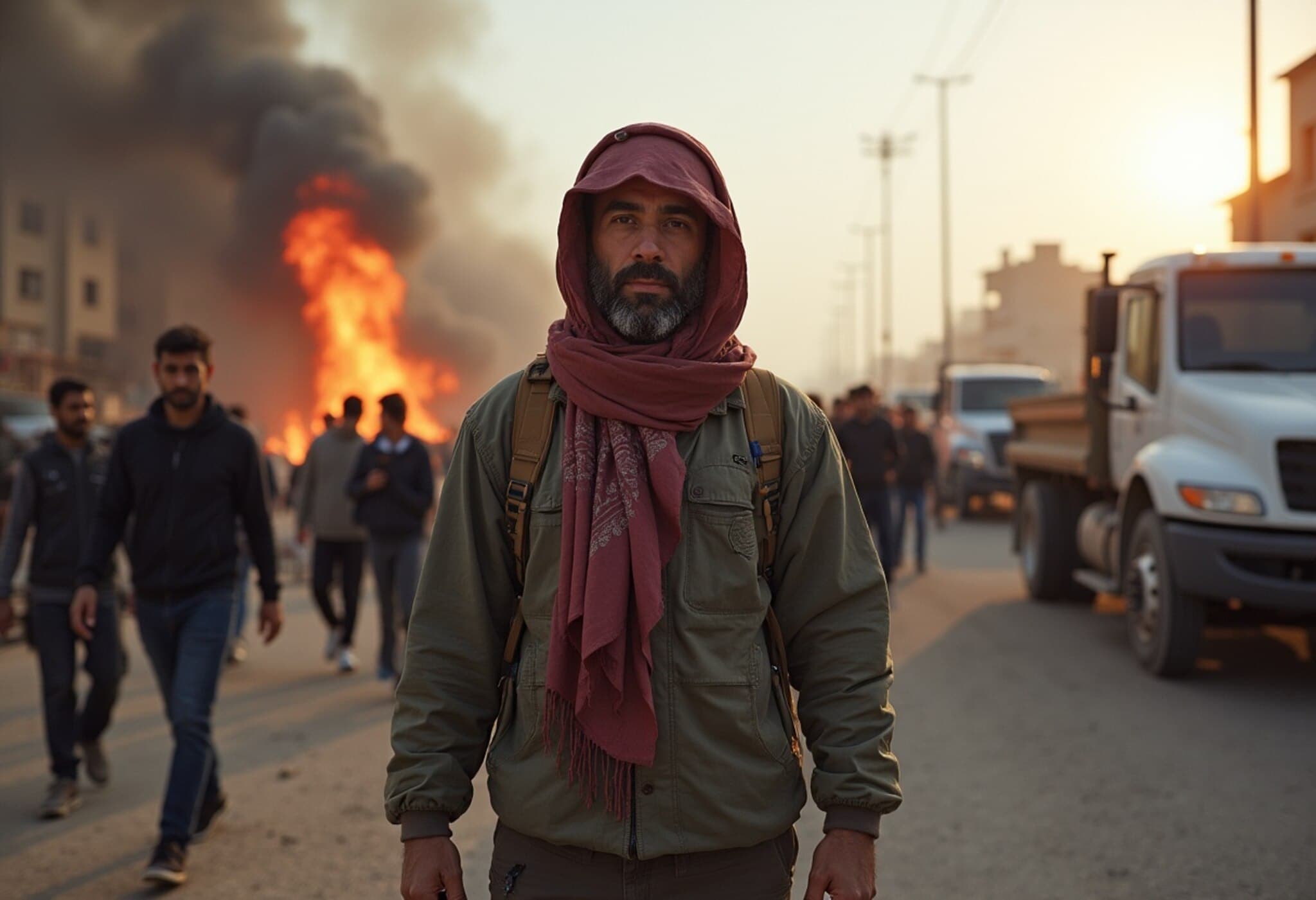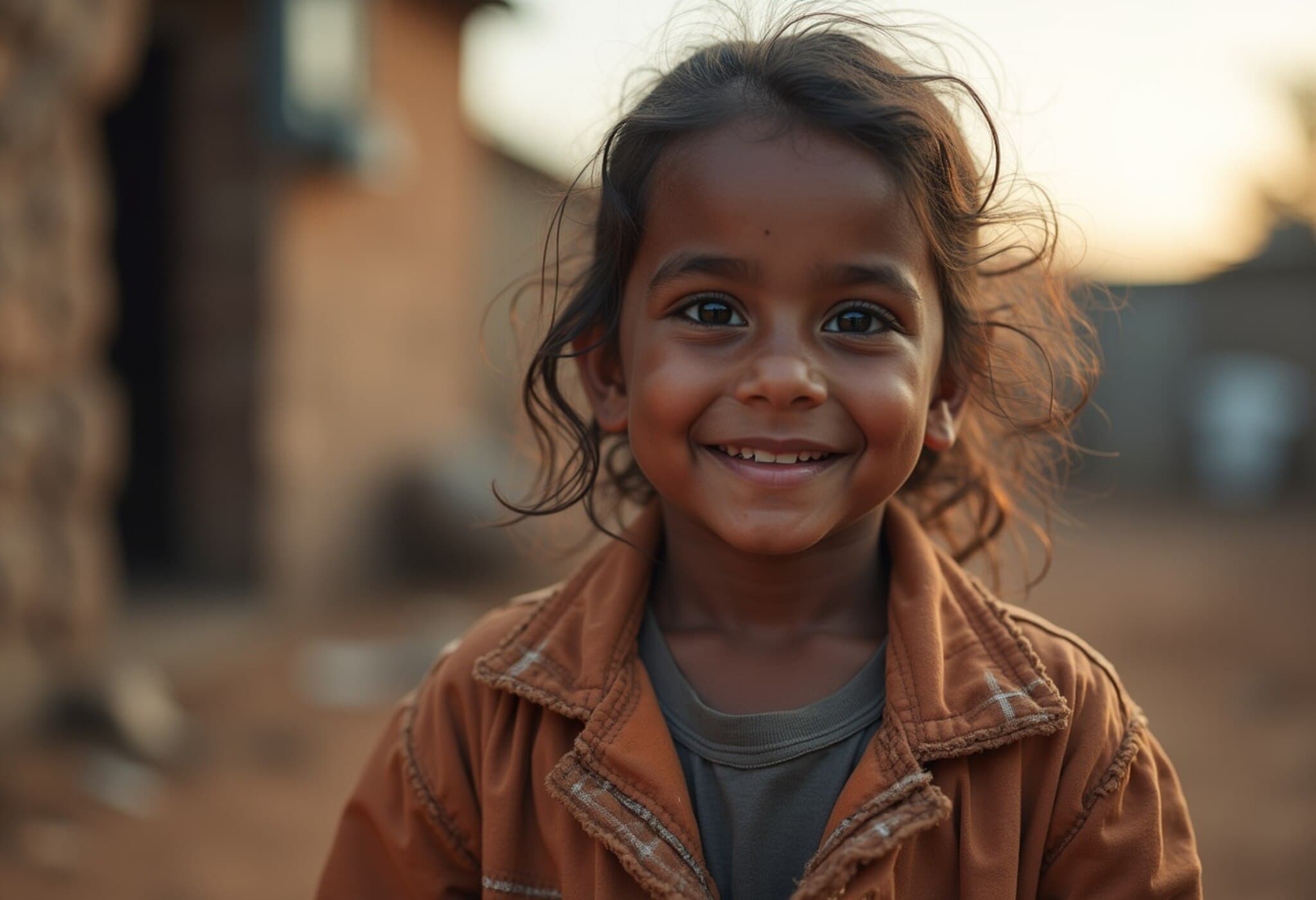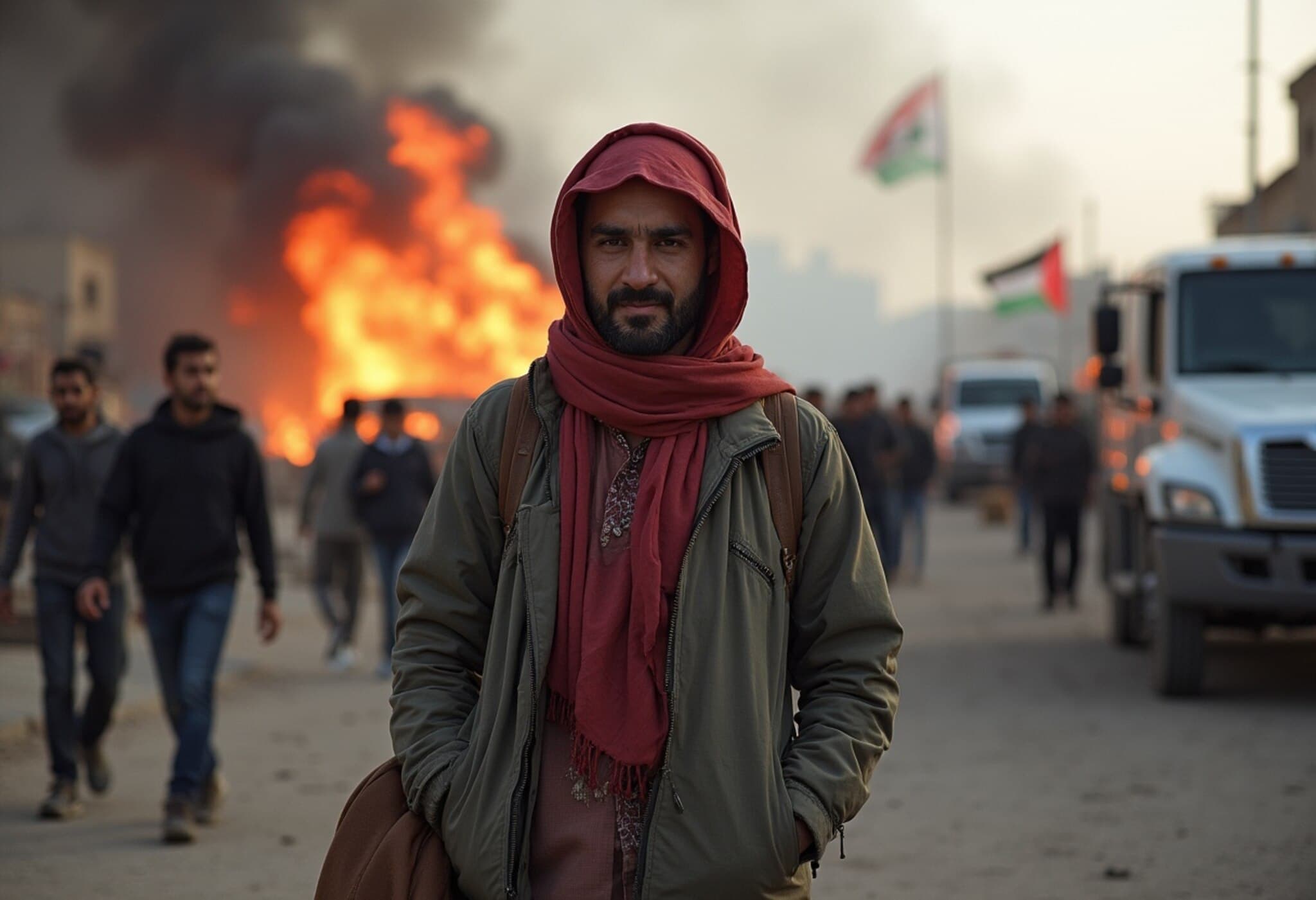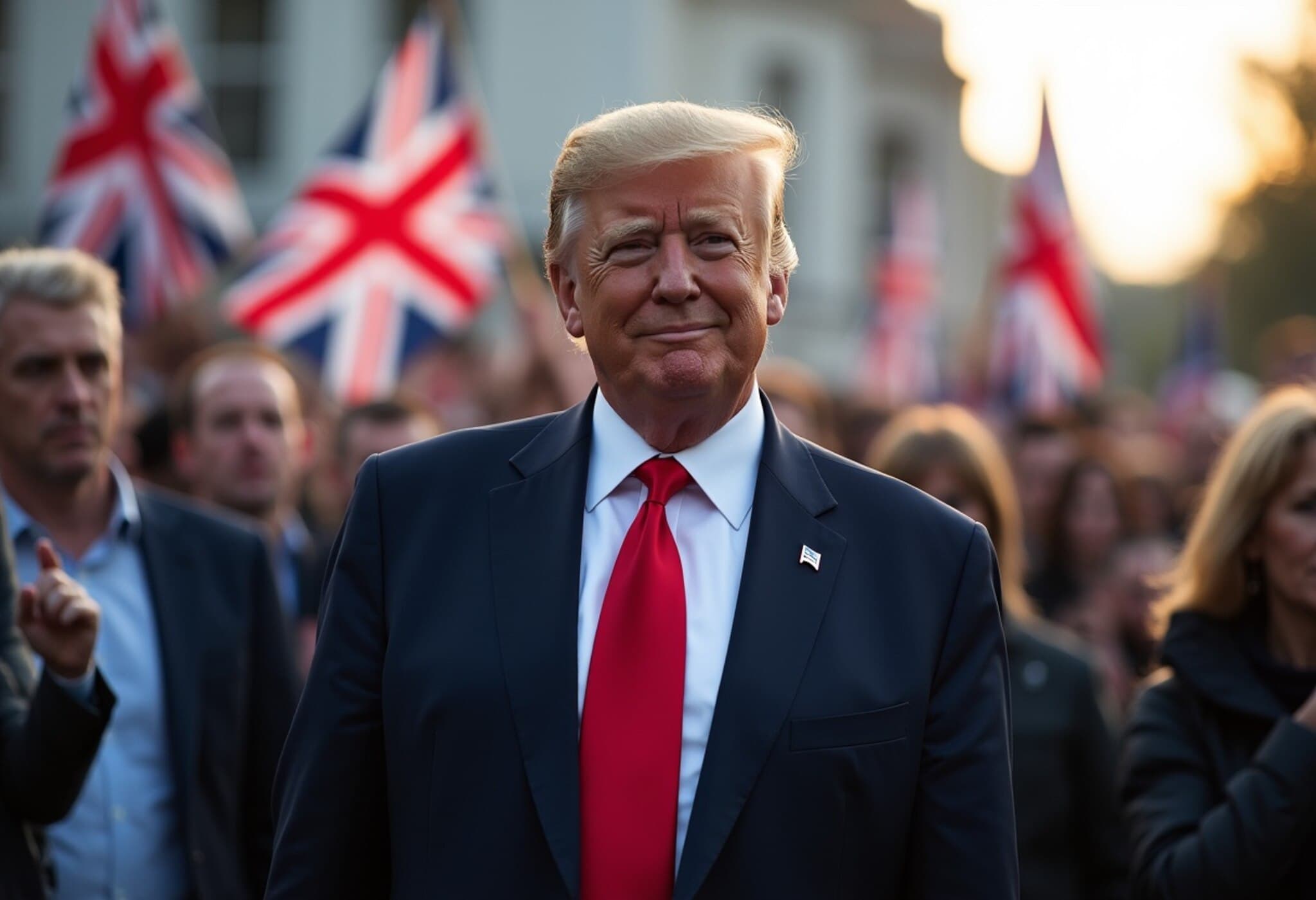Gaza's Journalists: Bearing Witness Amid Hunger and Hardship
In the midst of the ongoing Israel-Hamas conflict that erupted in October 2023, Gaza’s local journalists have been on the front lines, capturing the human toll of war with unwavering courage. Yet today, many of these storytellers confront a harrowing crisis closer to home: the struggle to feed themselves and their families amid escalating famine and isolation.
From Press Shields to Selling for Survival
Mohammed Abu Aoun, a photojournalist who has chronicled Gaza's suffering from the onset of the war, recently shared a desperate plea on social media—not for news, but for basic survival. Offering his press shield and equipment for sale, he hopes to buy food for his family. This stark reality illustrates the brutal paradox faced by Gaza’s journalists: their protective gear, once a lifeline against danger, has become a commodity for survival amid worsening scarcity.
The Deadliest War for Journalists
According to a Watson Institute report, over 230 journalists have lost their lives in Gaza since the conflict began, marking this as the deadliest period for media professionals worldwide. The trend is especially severe for local reporters who cover the conflict from inside the embattled territory, often with minimal financial security or institutional support.
With Israel restricting international media access, local journalists—many freelancers—have become the sole witnesses of the unfolding humanitarian catastrophe, enduring the same dangers, deprivation, and threats as Gazan civilians.
Global Media Calls for Humanitarian Access
In a joint statement, major news organizations including the BBC, Agence France-Presse (AFP), Reuters, and the Associated Press appealed to Israeli authorities to grant safe passage for journalists and allow vital aid to reach Gaza. They underscored the moral urgency of ensuring that local journalists, who serve as the world's eyes and ears on the ground, are not left to face starvation and deprivation while documenting others' suffering.
Voices from the Ground: A Struggle to Report and Survive
- Bashar Taleb, an AFP journalist, described his physical collapse due to hunger, underscoring that even AFP salaries can no longer cover skyrocketing food prices.
- BBC freelancers report going days without adequate meals, resorting to consuming saltwater or a single biscuit costing nearly $9, reflecting severe inflation and scarcity.
- An Al Jazeera correspondent disclosed the heartbreak of witnessing collapses in physical strength and morale while continuing to cover the war, stating, "I stay strong in front of the camera but, behind it, I am breaking, just like Gaza is breaking now."
The Worsening Humanitarian Catastrophe
The United Nations and aid organizations paint a grim picture: approximately 470,000 people face extreme hunger, including over 100,000 women and children suffering from severe malnutrition. Malnutrition rates among children under five have tripled recently. Médecins Sans Frontières warns that food scarcity and disruptions are driving a “policy of starvation.” Despite repeated calls, aid remains insufficient due to blockades and logistical constraints.
UN Secretary-General Antonio Guterres called the situation a “moral crisis that challenges the global conscience,” while UN Women highlighted that over a million women and girls are hungry in Gaza.
International Responses and Political Deadlock
- United Kingdom: PM Keir Starmer announced plans to airdrop humanitarian aid and evacuate medically vulnerable children, working with Jordan. However, the UN agency for Palestinian refugees criticized airdrops as inefficient distractions from systemic solutions.
- India: Reiterated calls for an end to hostilities and continuous humanitarian aid delivery, emphasizing a two-state solution as the long-term goal.
- United States and Israel: With ceasefire talks faltering, leaders signaled a hardline approach, rejecting Hamas’ willingness for negotiations and preparing for alternative strategies.
- France: Announced its intent to recognize an independent Palestinian state, a landmark move among Western powers, though met with skepticism by some.
- Mediators like Qatar and Egypt: Report some progress but acknowledge the fragility and complexity of ongoing talks.
The Human Face Behind the Headlines
Wadie Abu Saud, a Gaza journalist, began a hunger strike to protest the starvation of children, surviving only on saltwater and urging global solidarity. His message resonates profoundly: these journalists do not just report stories—they live them.
Their plight raises urgent ethical and policy questions: How can the international community better protect the lives and livelihoods of local journalists? What mechanisms ensure that frontline reporters are not neglected amid aid and diplomatic efforts? The intersection of war, media freedom, and humanitarian crisis demands accountability, resources, and urgent attention.
Editor's Note
The war in Gaza is more than a geopolitical conflict; it is a profound human tragedy impacting all strata of society, including those risking everything to tell the world what unfolds on the ground. The hunger and desperation gripping Gazan journalists illustrate the broader collapse of humanitarian norms in conflict zones. As global powers debate ceasefires and aid corridors, the voices of these journalists remind us that beyond the statistics are real lives in peril — lives incumbent on the world’s conscience and action.
For readers and policymakers alike, this unfolding crisis prompts a vital reflection: protecting press freedom and humanitarian access in war zones is inseparable from safeguarding human dignity and survival. The story of Gaza’s journalists is a call to recognize their courage not only as chroniclers of history but as individuals in desperate need of global solidarity.










